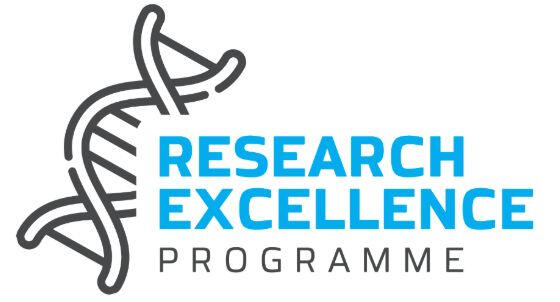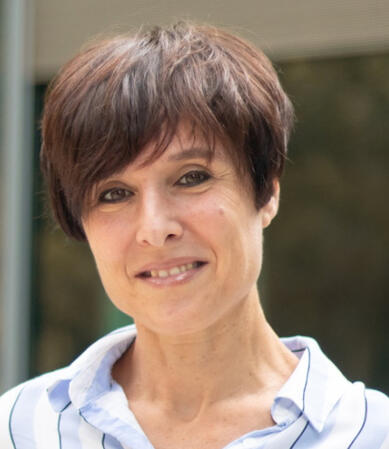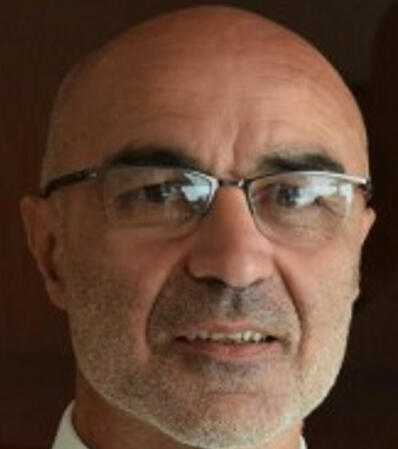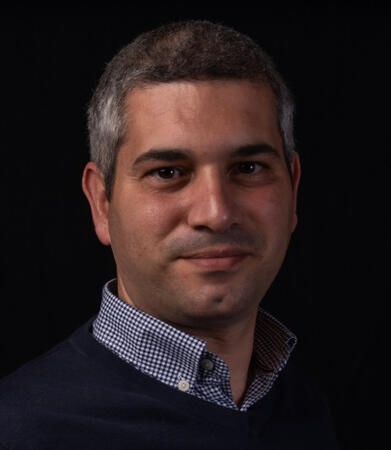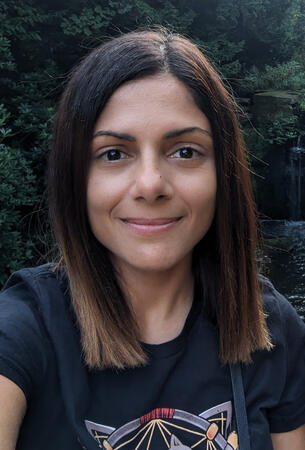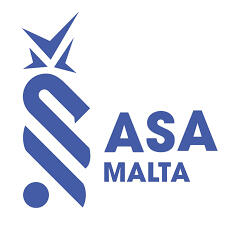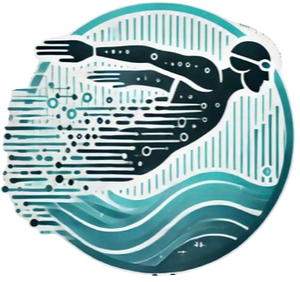
DIVE Project
Welcome to the DIVE Project – where AI meets swimming performance! Our mission is to revolutionize aquatic sports through cutting-edge technology, using pose estimation and data-driven insights to enhance training and analysis. Dive in and explore the future of swimming!
🏊 For Coaches & Swimmers
A game-changer for both athletes and coaches, the DIVE Project provides AI-driven insights to enhance training, optimize techniques, and improve overall performance in the water.

🚀 An Innovative Approach
Using pose estimation and advanced data analysis, we bring cutting-edge technology to swimming. Our system tracks and analyzes every movement, providing precise stroke evaluation, real-time feedback, and data-driven insights. By integrating AI, we help swimmers and coaches refine technique, optimize performance, and prevent inefficiencies, making training more effective and personalized than ever before.
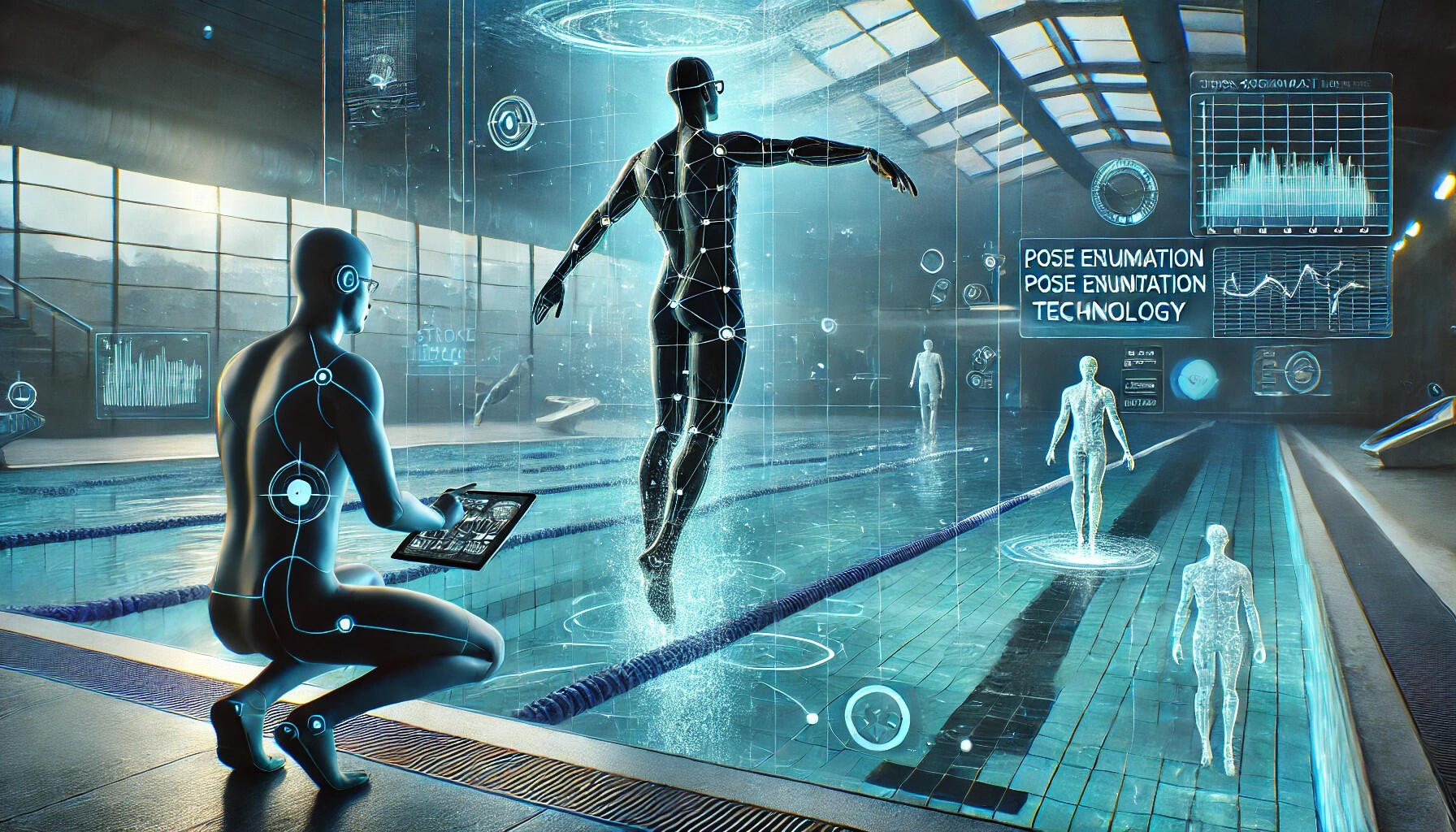
🏆 Benefit for Swimmers
From improving stroke efficiency to reducing drag, our system helps swimmers refine their technique, track progress, and gain a competitive edge in the pool.
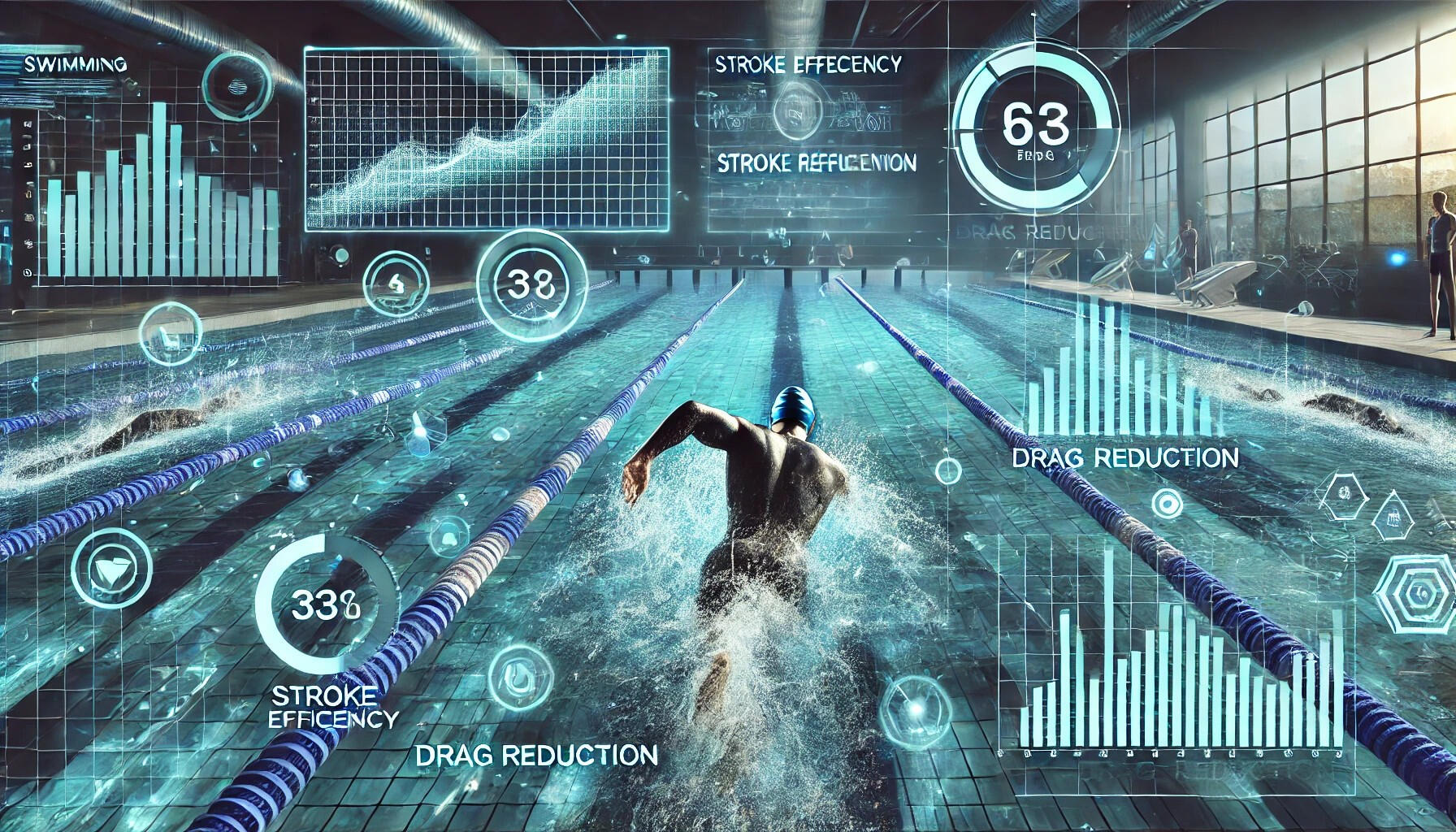
🎯 Our Aim
We aim to revolutionize swimming performance analysis by combining AI with real-world training, delivering accurate, data-driven feedback to athletes and coaches.
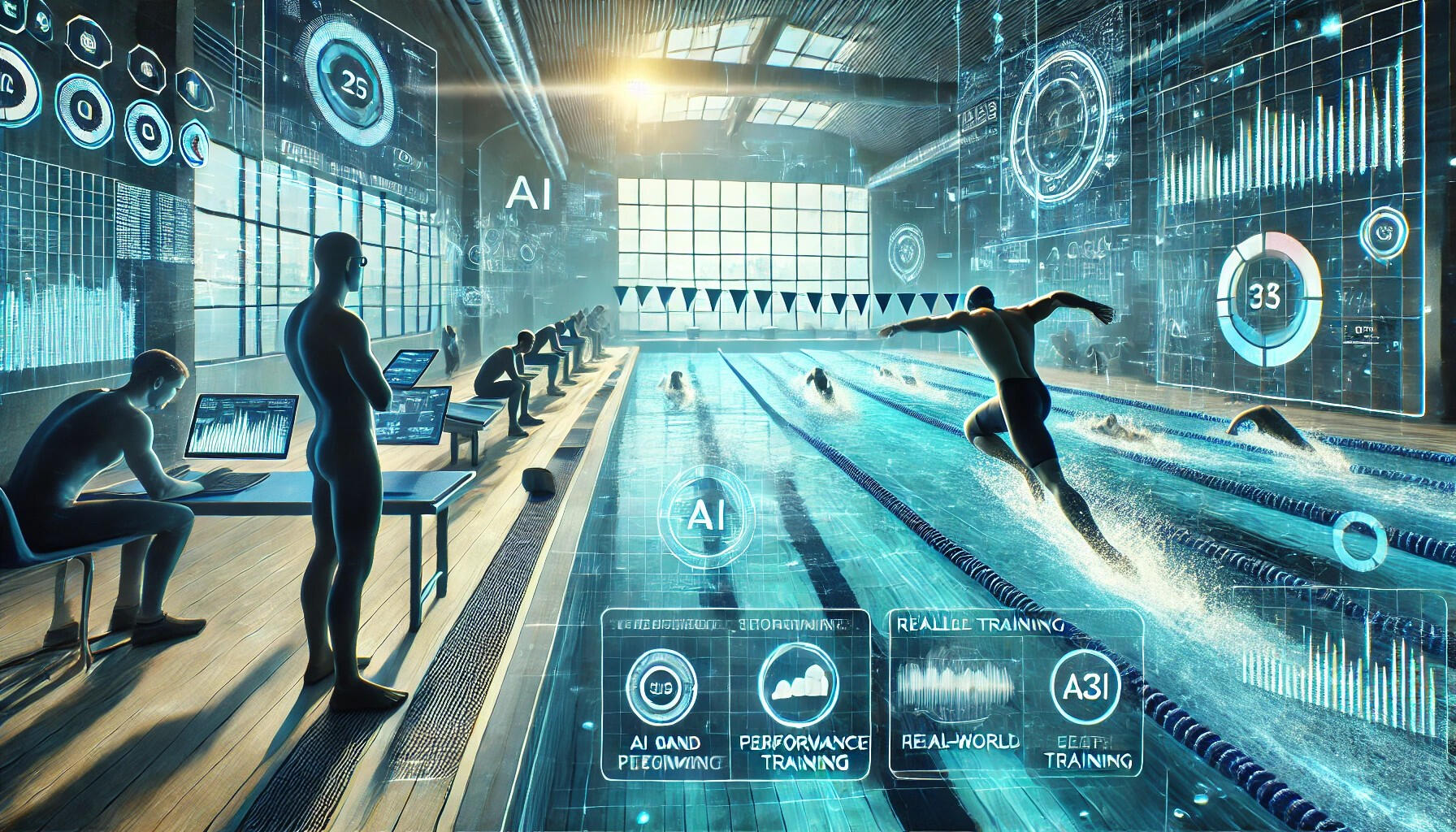
⏳ Duration
This project runs for 18 months: Nov 2024 - May 2026.
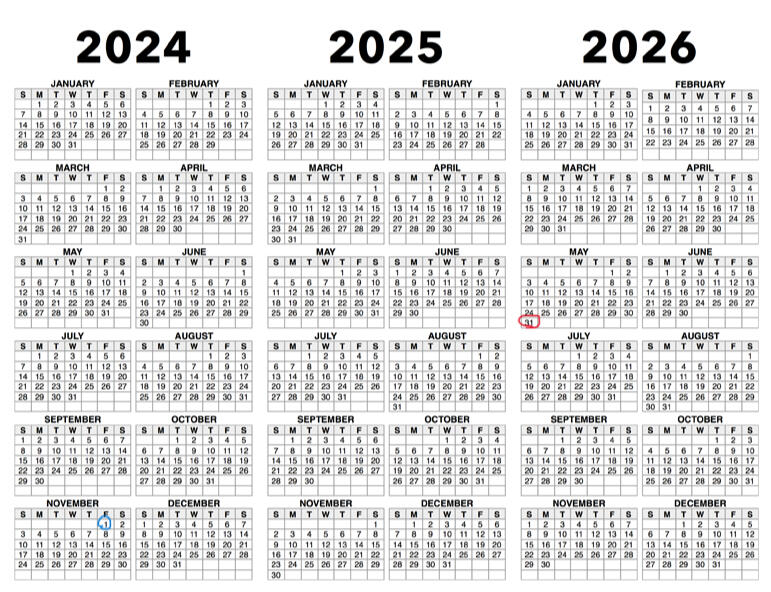
Meet The Team
We are a passionate team of creative thinkers, problem solvers, and innovators dedicated to delivering exceptional results. Each member brings unique skills and expertise, working together to turn ideas into reality. Click on the pictures to get to know the faces behind our success!
Dr Vanessa Camilleri
Dr Vanessa Camilleri is the Principal Investigator for the DIVE Project. She is also a Senior Lecturer at the Department of Artificial Intelligence, Faculty of ICT, University of Malta. Her experience and expertise lie in Intelligent Interfacing, Education and Ethics. Her research focuses on the intersection of emerging technologies and education, particularly exploring Virtual Reality (VR) and Augmented Reality (AR) applications for behavioural change. Dr. Camilleri is also deeply committed to democratising AI education, having authored a practical guide that innovatively teaches AI concepts through traditional games. Her work extends beyond academia through extensive community engagement, including regular contributions to public discourse on AI ethics and technology's societal impact. As Chair of the Faculty of ICT Committee for Outreach, she actively works to bridge the gap between advanced technology and public understanding, particularly focusing on engaging young people with AI concepts.
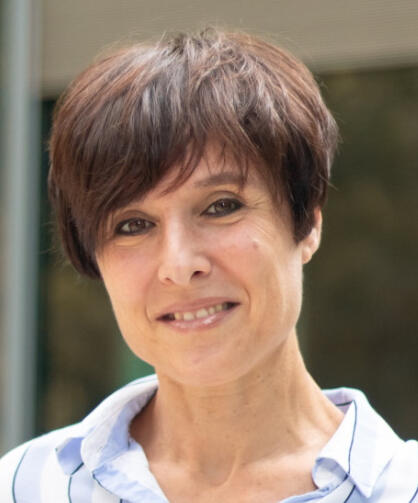
Prof Matthew Montebello
Prof Matthew Montebello is a full professor and the head of Department of Artificial Intelligence at the Faculty of ICT, University of Malta. Before joining the University in 1999 with a PhD in Computer Science he was already heavily involved in Education in secondary schools after graduating in 1990 at the University of Malta B.Ed.(Hons) degree. Having obtained extensive teaching experience and having been involved with the introduction of computer labs through the Ministry of Education, he proceeded to follow the Computer Science domain when he pursued his post-graduate studies obtaining a Masters and a Doctorate at the Cardiff University in Wales in 1996 and 1998 respectively. Furthermore in 2009 and 2016 he also completed an M.A. and an Ed.D. (Higher Education) specialising in the application of artificial intelligence to e-learning. In 2017 he was offered a visiting academic status at the University of Illinois in Urbana-Champaign where he collaborated with the Computer Science department and College of Education on numerous projects and research initiatives. In May 2018 he was appointed Adjunct Professor at the University of Illinois, Urbana-Champaign, and developed a next generation VLE that employed social media concepts. At the University of Malta he forms part of the Web Editorial Board, the Digital Education Committee, and numerous other University of Malta committees. Since November 2022 Professor Montebello has been assisting the University of Malta with the disruption Generative AI and Large-Language models have brought about on higher education. Apart from co-authoring the guidelines for academics and students on the use of Generative AI Tools, he has co-facilitated numerous workshops, in collaboration with the Office for Professional Academic Development, on the adoption of Generative AI within the educational process for academics and local educators.
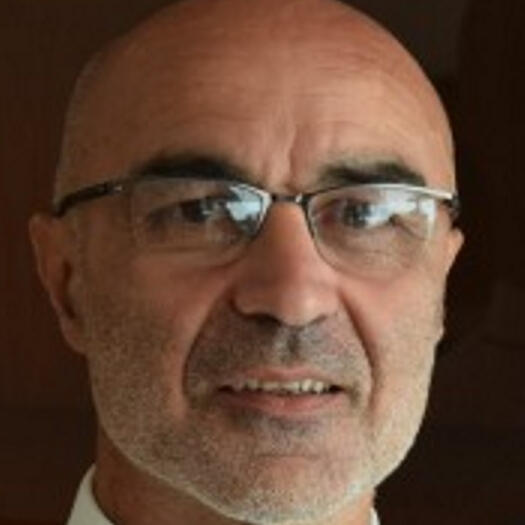
Dylan Seychell
Dr Dylan Seychell is a resident academic at the University of Malta's Department of Artificial Intelligence, specialising in Computer Vision and Applied Machine Learning. With a background in academia and industry, he holds a PhD in Computer Vision and has published extensively on AI in international peer-reviewed conferences, journals and books. Dylan's work has earned global recognition, including awards from the European Satellite Navigation Competition and CeBit. He is currently leading funded research projects that use AI to improve media literacy and sustainably help the environment. Outside of the academic setting, he actively applies his expertise through his enterprise, focusing on enhancing tourist experiences through technological and cultural heritage innovations. He is a technical expert certified by the Malta Digital Innovation Authority and a Tourism Operators Business Section committee member within The Malta Chamber.
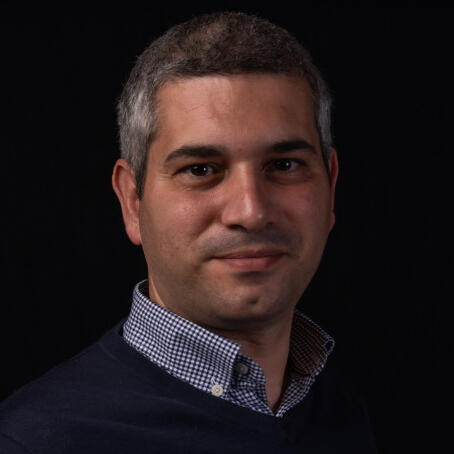
Gianluca Aquilina
Gianluca Aquilina is a Research Support Assistant assigned to this project. He is currently studying for his final year of his Bachelor's Degree in Artificial Intelligence from the University of Malta. He is currently working on his final-year thesis about Automated Analysis and Highlight Generation for Handball Matches

Justine Scicluna
Justine Scicluna is an experienced software engineer and team leader with 11 years in the industry, specialising in developing and supporting comprehensive e-Commerce solutions and product information management systems. Recently earning a Master of Science in Artificial Intelligence at the University of Malta, Justine focused her thesis on using detailed pose estimation of the running form using computer vision.
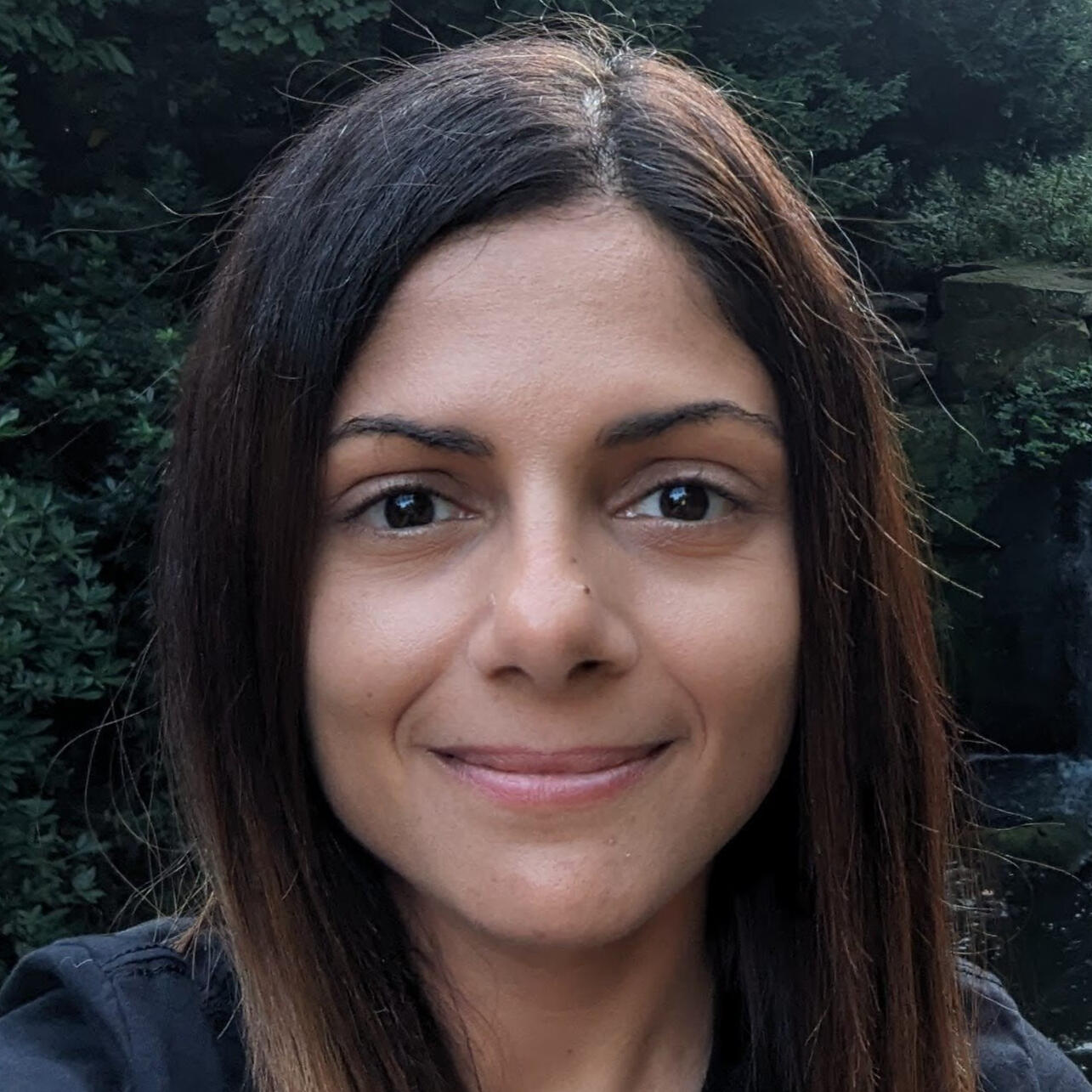
Aquatic Sports Association of Malta
The Aquatic Sports Association of Malta (ASA) serves as an expert consultant on the DIVE project, bringing nearly a century of experience in swimming sports development and governance. Founded in 1925, ASA has consistently championed the advancement of Maltese aquatic sports through world-class facilities, organisational support, and international competition participation.Operating from the National Pool Complex at Tal-Qroqq, ASA oversees competitive swimming, water polo, and artistic swimming in Malta. Their expertise spans athlete development, competition management, and sports technology integration. ASA played a pivotal role in establishing Malta's presence in international aquatics, maintaining strong relationships with global bodies like FINA.As expert consultants for the DIVE project, ASA provides invaluable insights into competitive swimming techniques, athlete performance analysis, and training methodologies. Their practical expertise in swimming biomechanics and athlete development directly informs the project's AI system design and validation processes. Through this collaboration, ASA continues its tradition of promoting innovation in aquatic sports while ensuring the project's outcomes align with real-world training needs.
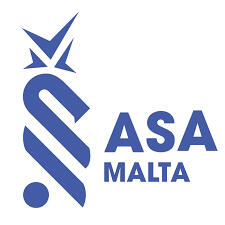
Innovation
DIVE leverages AI and machine learning to develop advanced stroke recognition, performance analysis, and predictive models. It introduces real-time and data-driven insights to enhance training efficiency and technique improvement
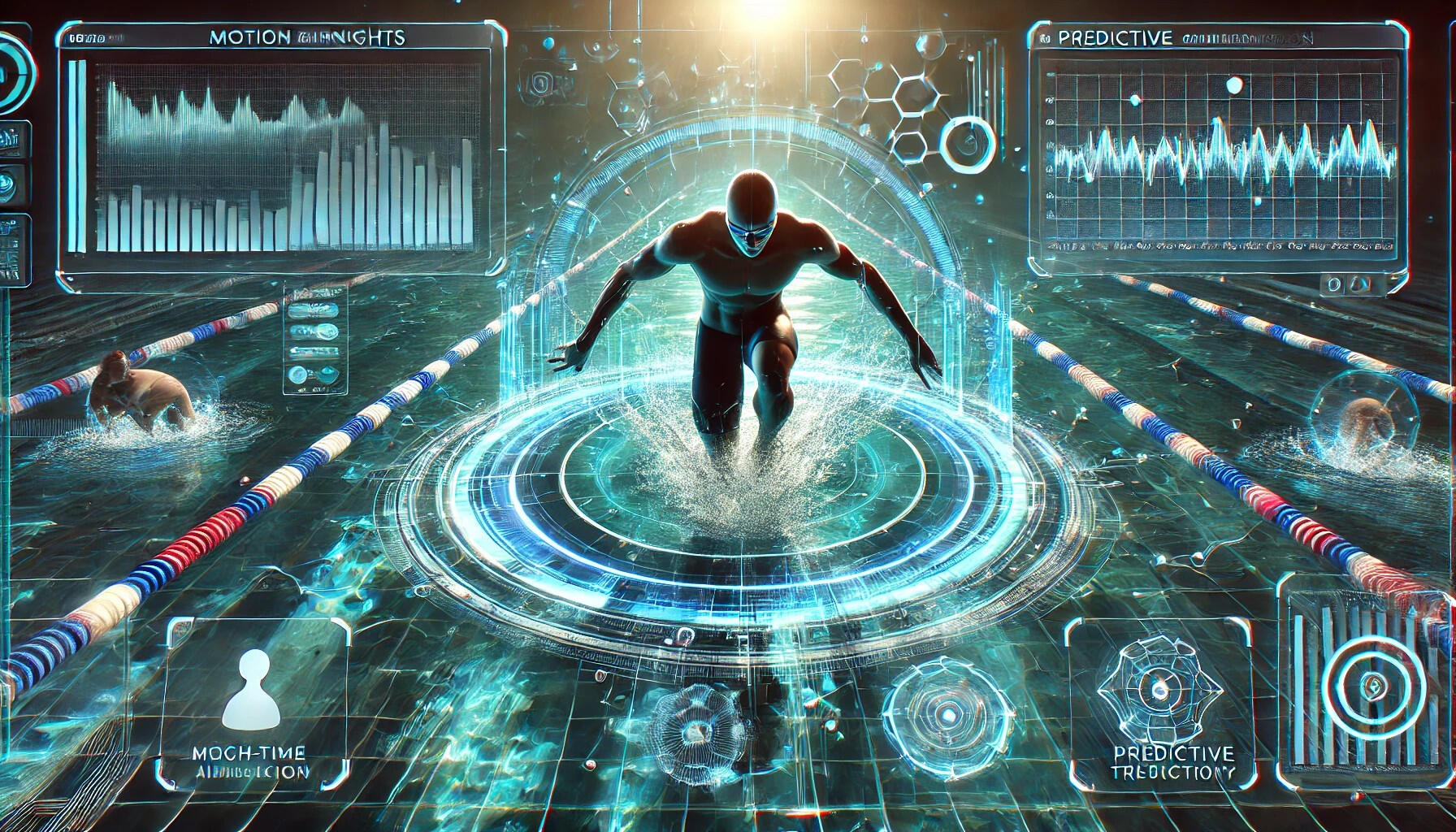
Benefits
DIVE addresses gaps in current technology by utilizing AI-driven tools to provide insights on stroke mechanisms, tempo, and efficiency to help the coaches and swimmers improve. DIVE also predicts race times and analyses competitor swim videos for better tactical planning and offering personalised training recommendations
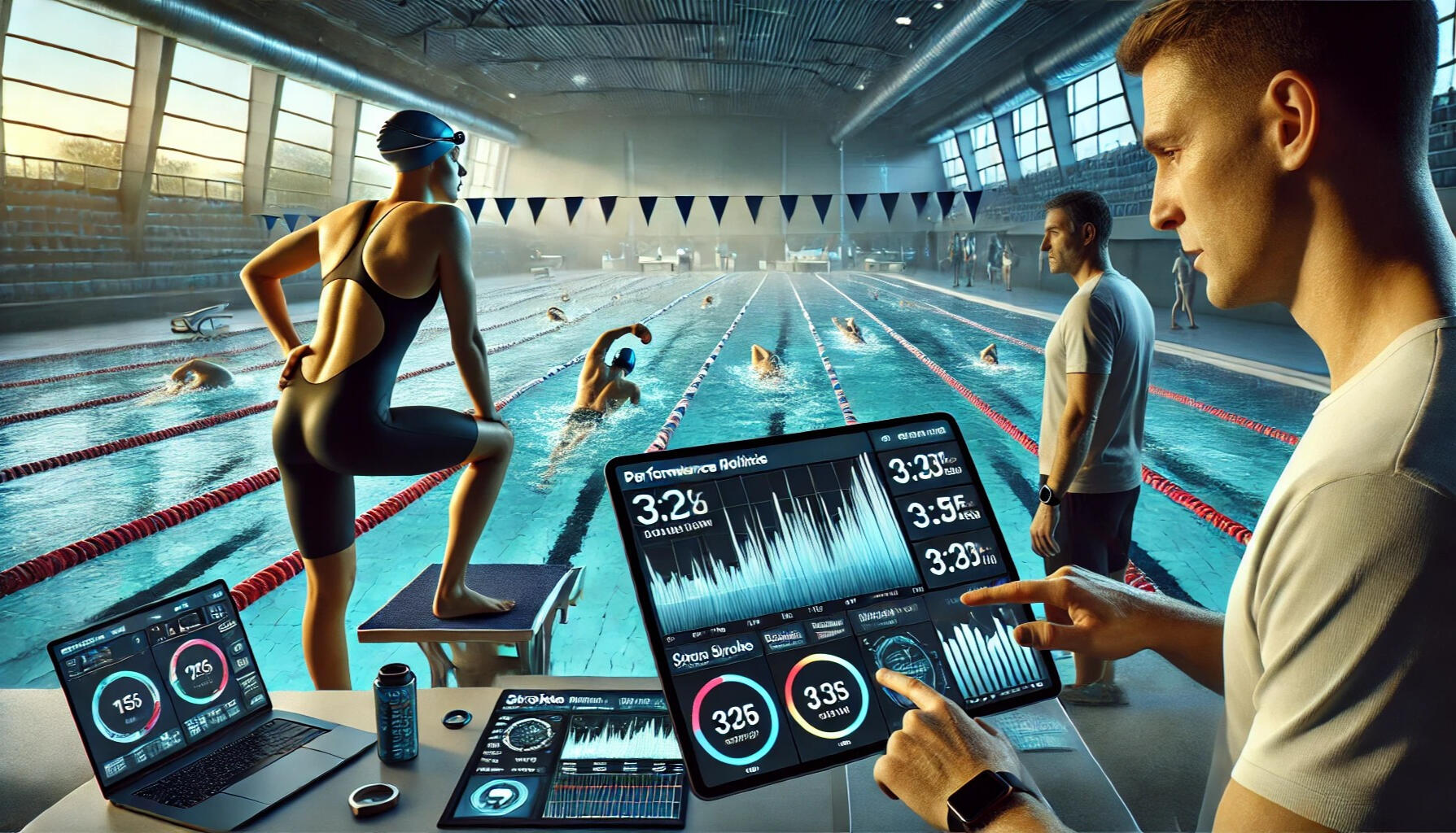
Aim
The main aim of DIVE is to be able to analyse strokes, predict performances, and personalise training insights, using AI tools.
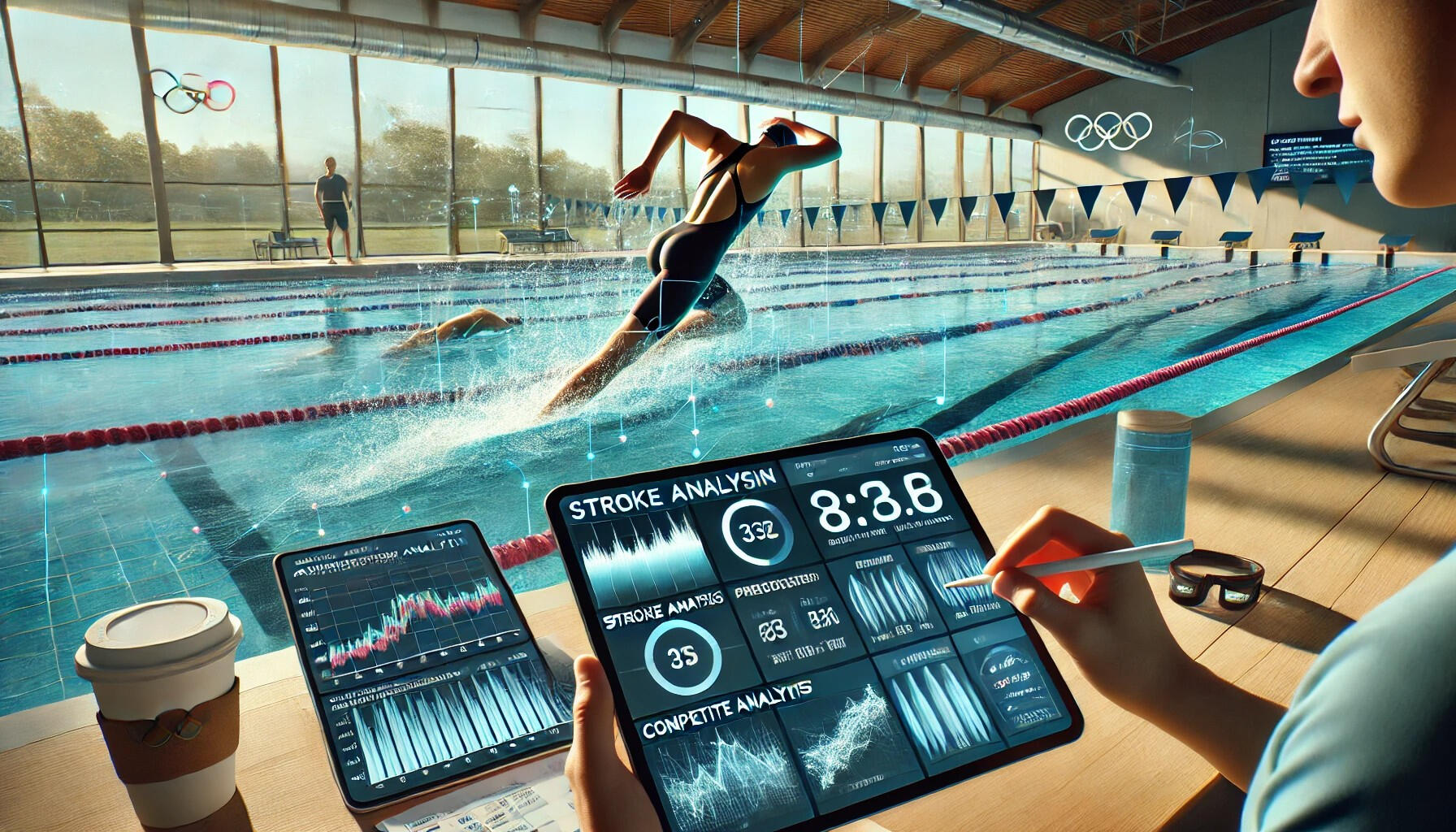
Funding
This project runs for 18 months: Nov 2024 - May 2026. This project is funded by XJENZA through the Research Excellence Program.

Collaboration
This project is in collaboration with Aquatics Sports Association of Malta
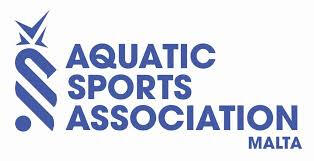
Recent News
Published Papers
📰 Swimming in the Deep End of Physics: Why Science Matters in the Pool
by Vanessa Camilleri – Medium, July 2025
Discover how the DIVE Project bridges physics and AI to revolutionize swimming performance analysis.
👉 Read the full article on Medium
Contact Us
Have a question? We're here to help! Fill out the form below or email us directly at [email protected]!
